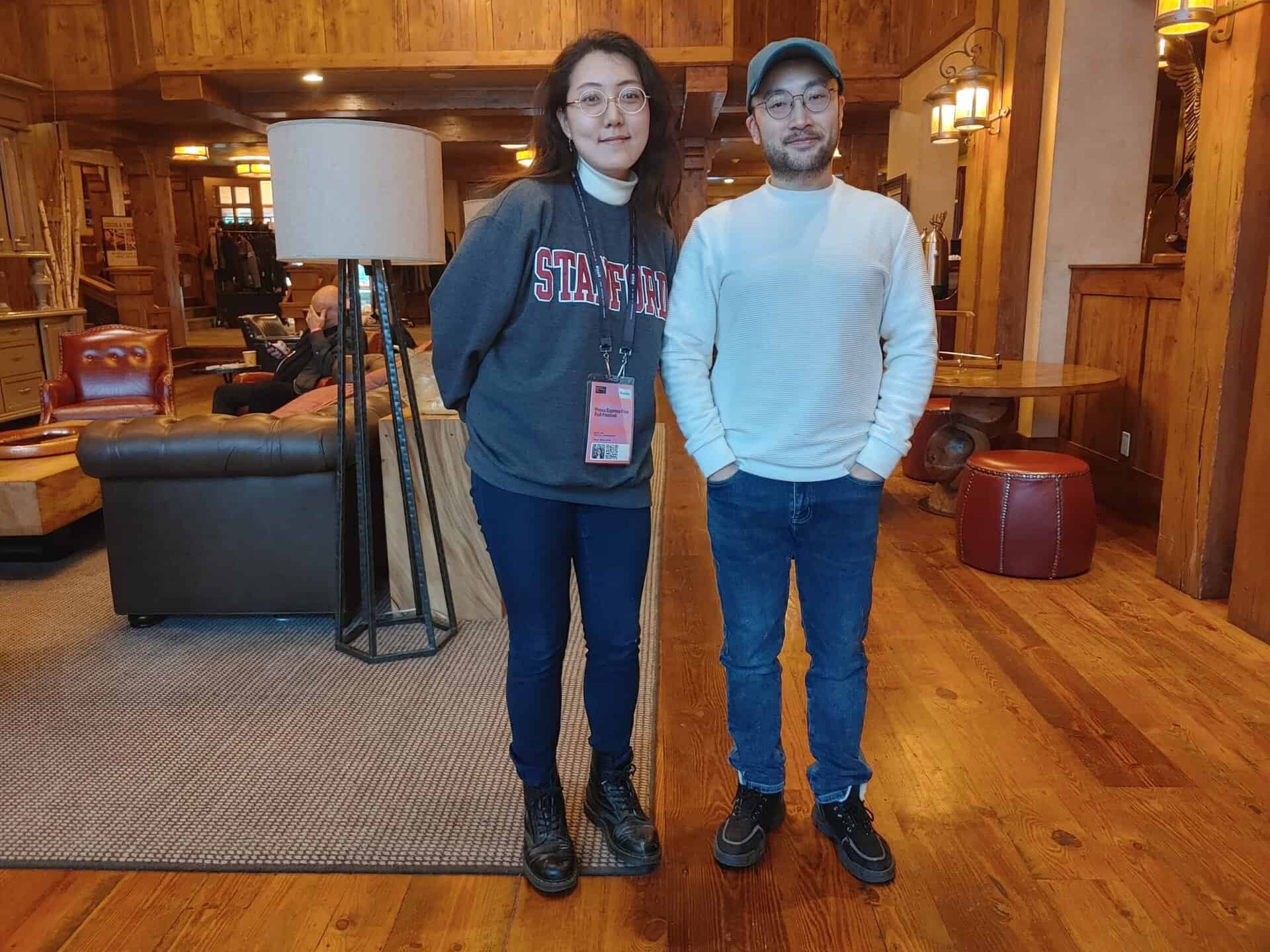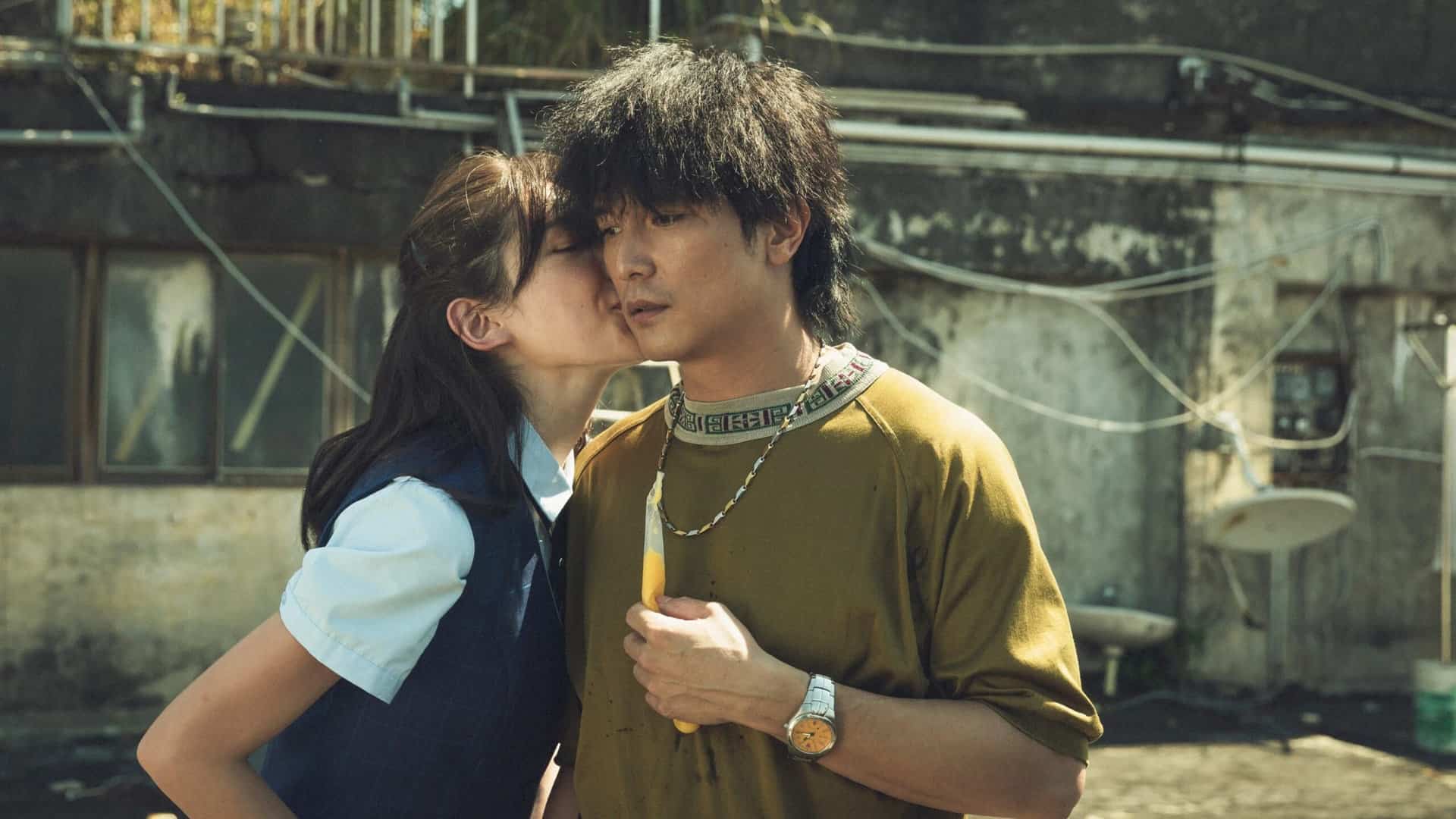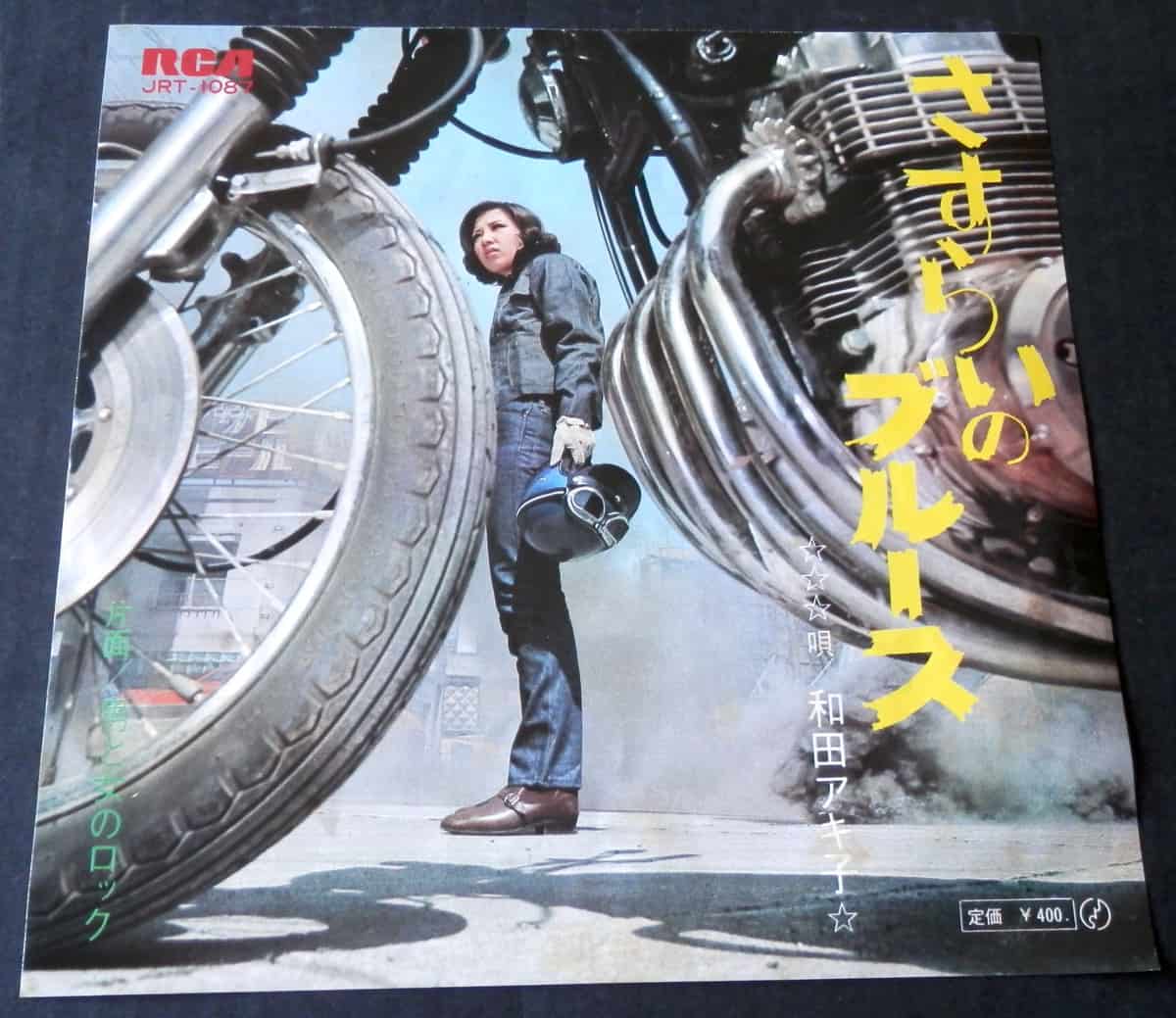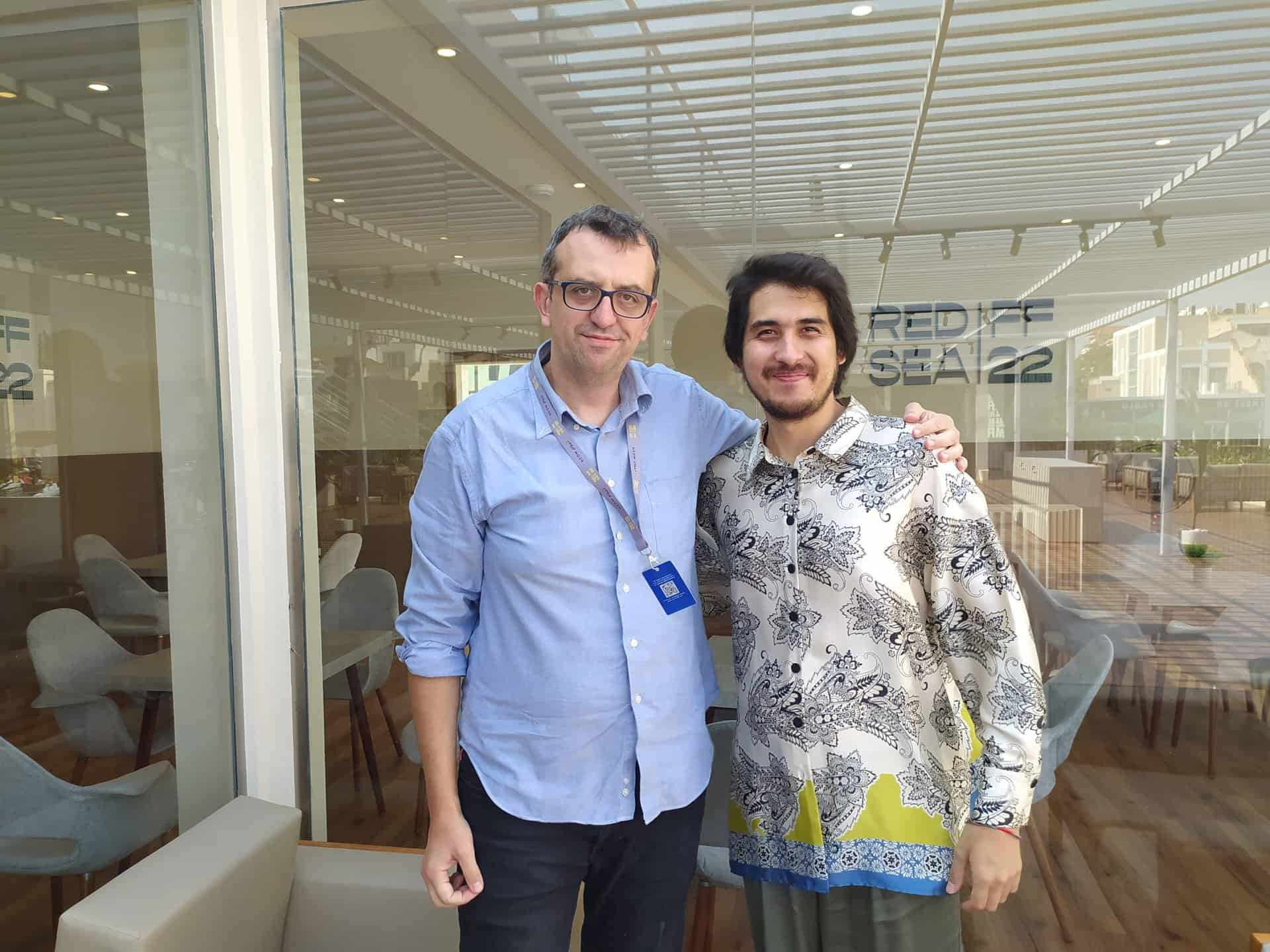146. White Badge (Chung Ji-young, 1992)

In order to depict the many comments of the film, Chung Ji-young implements an approach that moves in two axes, one taking place during the war, and the other in the present. The evident element of this presentation is that the second axis presents the consequences, while the first the events that instigated them. In that fashion, and regarding the war part, we witness how a group of men started with a happy-go-lucky mentality, actually being disappointed for not participating in the war, only to gradually lose their grip to reality and eventually turn into animals, as they experienced more of the real nature of war. An important factor in the process is the dehumanization of the Vietcong, which is presented in ingenious (and metaphorical) fashion, as we watch the soldiers kill a herd of water buffalos by mistake in the beginning of the film, with the same lack of remorse (the majority of them at least) as they kill soldiers and even non-combatants, later.
147. To The Starry Island (Park Kwang-soo, 1993)

Park Kwang-soo directs a movie that seems to have captured all essence of country life in the island, including the status of women, which are perceived as “property” of their husbands, the lack of knowledge regarding what is going on outside the village, and most of all, the mischievous, meddlesome, and gossipy, but also laid-back and cheerful nature of the inhabitants. His approach is quite realistic, but also induced with much humor (the scene where the neighbors of a woman having sex decide to check on her because they think something is wrong with her is a distinct one), which makes the movie quite entertaining, through a rather light, and, at the same time, nostalgic tone.
148. Rosy Life (Kim Hong-joon, 1994)

Kim Hong-joon directs a film of episodic nature, with the episodes coming together through the concept of the shop and the character of Madam, with the two elements being the only ones the three men have in common. At the same time, each of the men seems to have a clear narrative purpose. Dong-pal frequently gets involved in brawls that highlight the action direction here, Yoo-jin is the main source of romance and Gi-yeong of the political comments regarding the treatment of the working class by the then government. And while the characters individually and the events (with the exclusion of a relationship that starts with a rape, which unfortunately, is anything but uncommon in S. Korean cinema) are quite interesting and intriguing, the narrative as a whole falters occasionally, particularly after a point when it becomes hyperbolic, even to the point that it seems as an “excuse” for the various events that take place in the story.
On the other hand, the presentation of the lower depths of nightlife in Korea is interesting, particularly when the story gets outside the comic book store, with Park Seung-bae-I's cinematography capturing the time in the best fashion. Furthermore, the subtlety with which the political comments are presented, through the news on TV and a brief scene where the police are chasing some rioters, also works quite well for the narrative, adding much depth to the overall context. Park Soon-deok's editing connects the various episodes nicely, while inducing the movie with a relatively fast pace, that definitely works well in entertainment terms.
149. My Dear Keum-hong (Kim Yoo-jin, 1995)
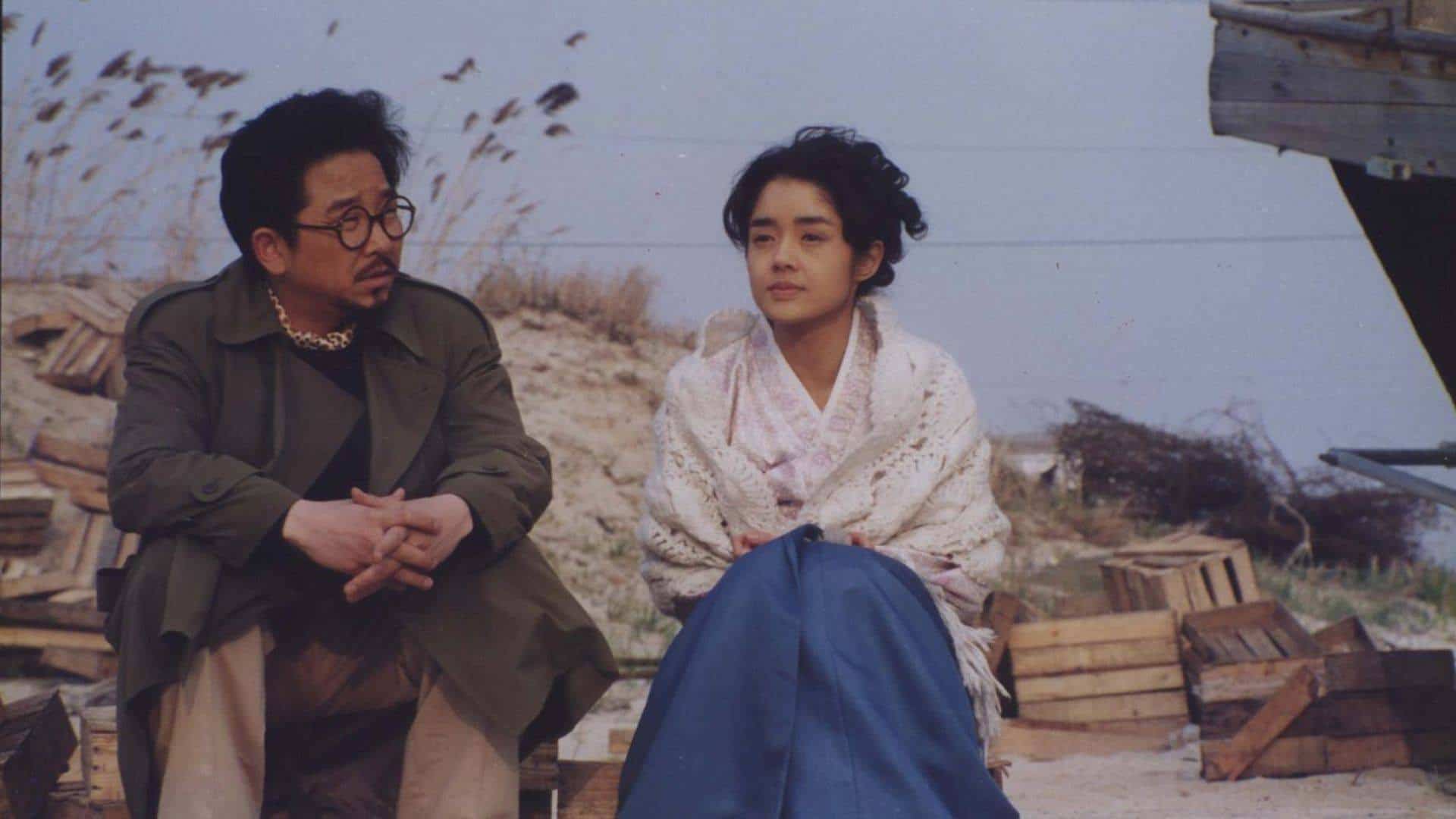
Kim Yoo-jin directs a kind of a biopic that has a realistic-dramatic base, but also includes many elements of sensualism, to the point that almost all sequences seem to end with Lee Sang having sex with a beautiful girl. Apart from that though, the story is quite interesting, particularly through the presentation of the differences of the two main characters, in an element that carries the film for the whole of its 96 minutes. Particularly the seriousness and the success that follow Bon-woong in every part of his life except for women and the flimsiness, the almost constant laughing, and the many failures in everything but women for Lee Sang form a rather entertaining base for the narrative. The fact that as the story progresses,, these differences expand is the main dramatic element of the story, particularly since Lee Sang seems to succumb into something very close to madness.
The third axis revolves around Keum-hong and the ripples she sends across the two men's lives, and particularly Lee Sang, who ends up with her, in a rather tragic relationship that becomes worse as time passes. Keum-hong in essence is the catalyst of the story, since their meeting shapes the path the two men eventually take significantly.
150. The Gingko Bed (Kang Je-gyu, 1995)

Kang Je-gyu, 4 years before his huge access with “Shiri”, tried to shoot a first feature that incorporated a plethora of elements that make a film popular in Korea. In that fashion, the story includes elements of romance, (supernatural) horror/thriller, action, melodrama, a bit of eroticism/nudity, and even hospital drama elements. Expectedly, combining all those in a way that allows them to be developed properly is almost impossible, particularly in the 88 minutes the film lasts, thus resulting in a title that works (to a point at least) for each individual part, but not as a whole. This aspect becomes quite obvious in the scenes where general Hwang is present, who seem completely out of the overall context and the aesthetics of the rest of the film, despite the fact that Shin Hyun-joon makes for a great villain in the role.
The one thing, however, that the narrative presents adequately are the two faces of love, with Soo-hyeon's past story highlighting the good one, of unselfishness and devotion, and general Hwang's the opposite, of self-centered and obsession. In that regard, Han Suk-kyu does a great job of the struggling but in essence powerless man, with his antithetical chemistry with Shin Hyun-joon being one of the film's greatest assets. Shim Hye-jin as the desperate to save her job doctor and Mi-dan as the hopelessly in love princess are also convincing in their parts.
151. Festival (Im Kwon-taek, 1996)
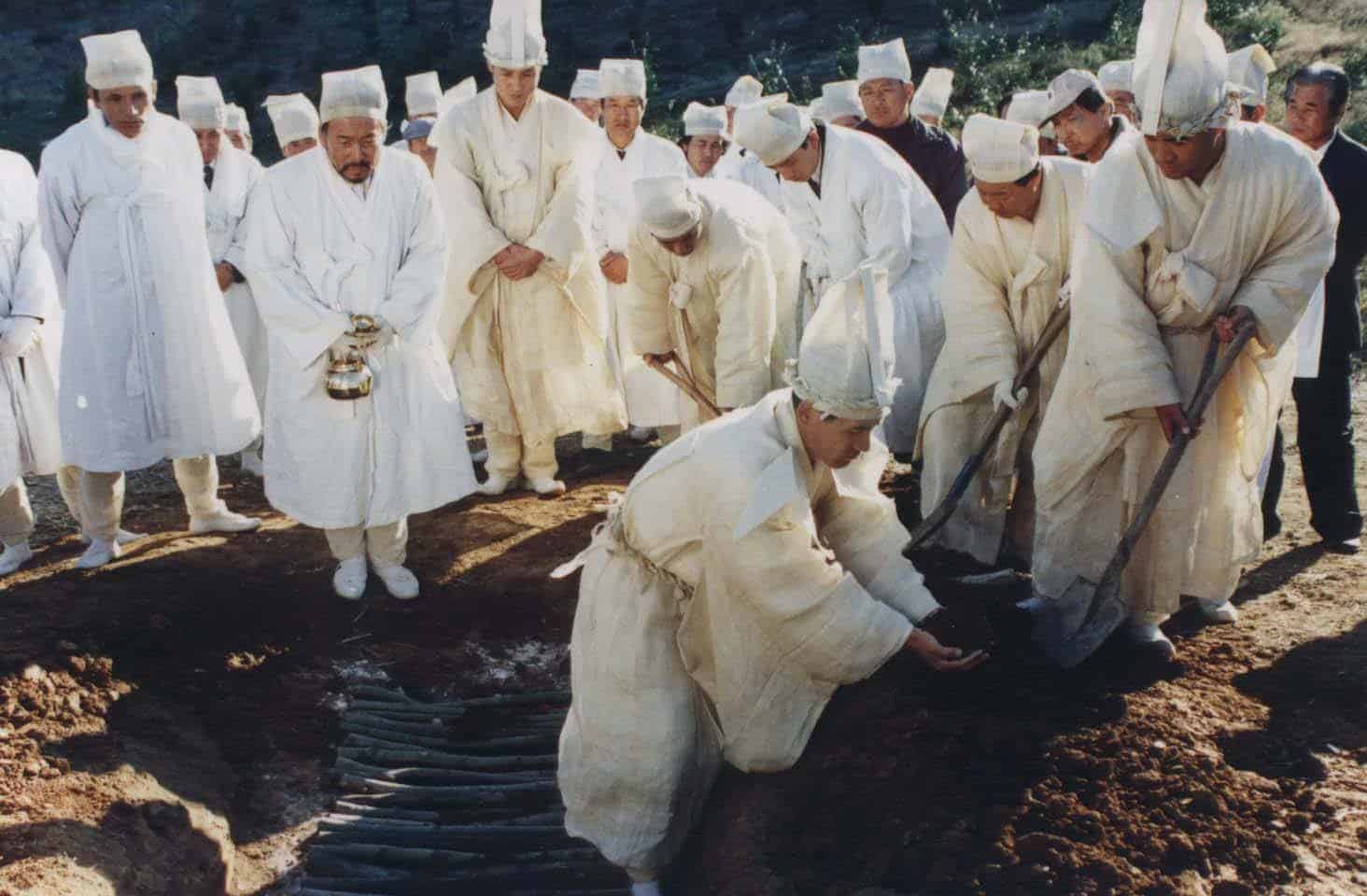
Im Kwon-taek directs a film whose experimentalism lies in the different types of movies he has managed to incorporate within the same narrative. As such, we have a documentary aspect that focuses intently on presenting every detail of the funeral proceedings, which actually last for days and include a number of customs. We also have a fairy tale that unfolds in intervals throughout the movie, about a young girl whose grandmother gets smaller and younger the taller and older she gets. Through a set design that is obviously artificial, Im makes a point that this is not a reality, with the way the two protagonists gradually grow apart and eventually clash having a secret meaning that is revealed in the finale.


